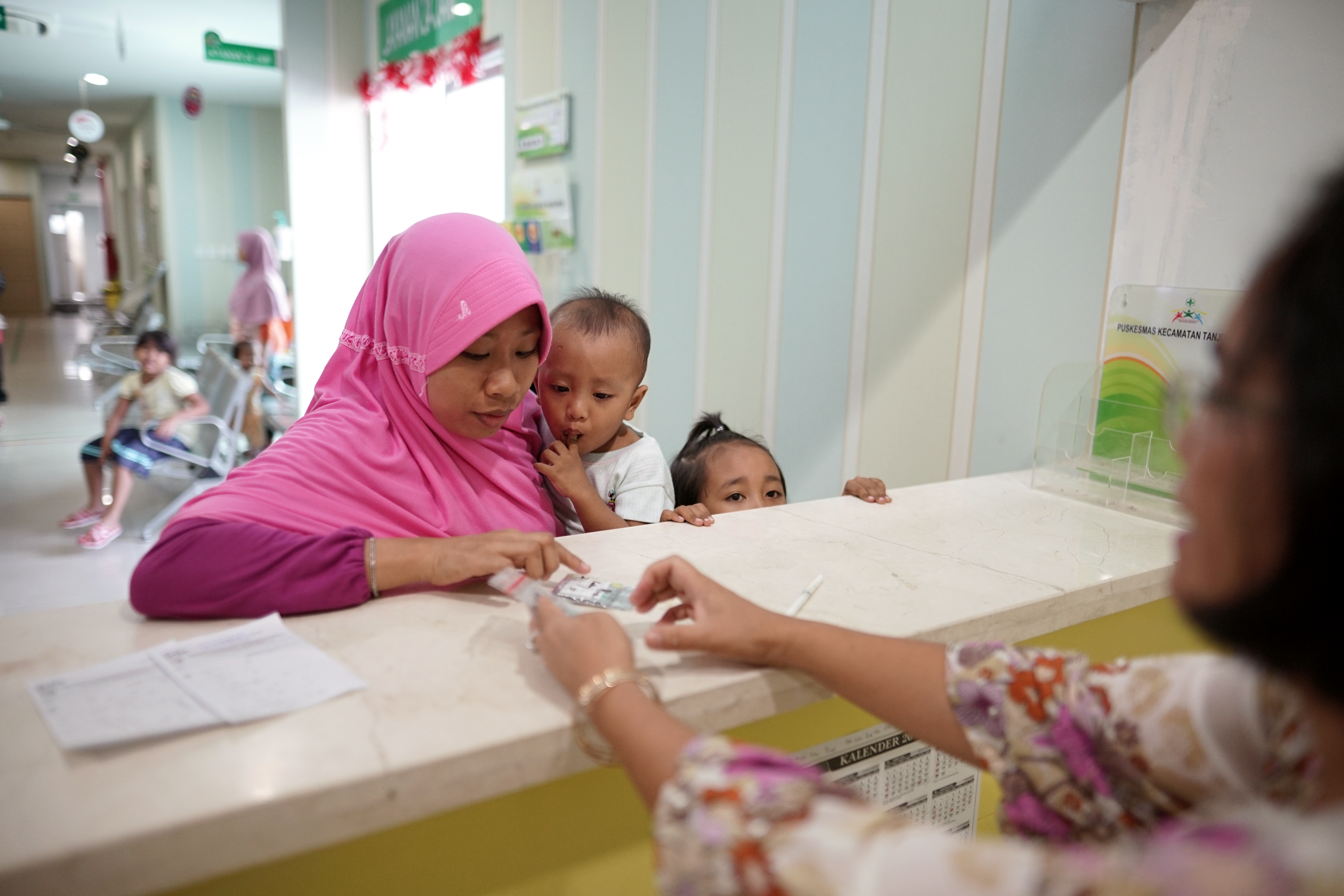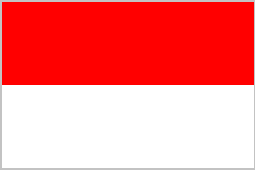Country Snapshot: Indonesia

With a diverse population of more than 260 million people living across 17,000 archipelagos, Indonesia faces several health workforce challenges – including inadequate human resources for health (HRH) planning and management, as well as maldistribution and an insufficient skill mix of the existing workforce. Further, with an estimated 4.2 million births annually and more than 650,000 people living with HIV, a fit-for-purpose, fit-for practice health workforce is needed to help the country improve maternal and newborn health and HIV outcomes. The Government of Indonesia is committed to ending preventable maternal and child deaths as well as promoting the successful uptake of the newly released “Test and Treat” policy toward achievement of the 90-90-90 goals and sustaining HIV epidemic control. Underlying contributors to health workforce challenges include limited functionality, interoperability, and use of relevant data.
HRH2030 in Indonesia
The overall vision for the HRH2030 Indonesia program is to support the country’s Ministry of Health and its partners to optimize their health workforce in order to address health challenges, including those in maternal and newborn health as well as HIV. Central to both of those efforts is improving the use of human resources for health (HRH) data. More specifically, HRH2030 is:
- Supporting the implementation of National Health Workforce Accounts for more strategic use of HRH data to plan for and manage the health workforce.
- Supporting local stakeholders to address HRH challenges of the HIV health workforce in Jakarta, following the 2018 HIV-HRH assessment.
- Optimizing the HIV workforce availability, quality, and performance.
Related News & Resources
Final Report: HRH2030 in Indonesia
From January 2018 through August 2021, HRH2030, funded by USAID Indonesia, offered a strategic and comprehensive plan to improve health outcomes by strengthening the management and optimization of the health workforce through the enhanced availability and use of quality HRH data.
Harnessing Health Worker Data in Indonesia
n Jakarta, Indonesia’s bustling capital city, Dr. Ani Ruspitawati’s office oversees more than 5,500 health facilities — known locally as Puskesmas — which serve a population of 10 million people.
Presentation: Putting Data in Indonesia Health Workers’ Pockets to Support COVID-19 Response
“Putting Data in Indonesia Health Workers’ Pockets to Support COVID-19 Response” was an interactive session on leveraging existing information systems and engaging stakeholders at all levels of the health system to improve the availability and use of data for evidence-based decision making that support and protect health workforce.






 Indonesia
Indonesia